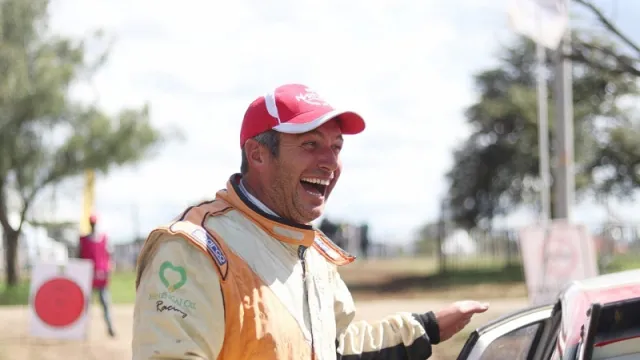Kenya Seed to pay rally driver Tundo for wheat that failed to germinate

Kenya Seed to pay rally driver Tundo for wheat that failed to germinate
Kenya Seed Company has been ordered to pay veteran rally driver Frank Tundo Kes2.5 million for selling him dead wheat seeds that failed to germinate on a 2000-acre farm in Njoro.
The Court of Appeal has upheld a ruling at the High Court that sought to compensate the former rally driver for his loss in 2011.
According to the court filings, Mr Tundo bought 11.2 million worth of seed but only 40 percent germinated.
The rally driver called Kenya Seed officials and they carted away 921 bags of the bad seed.
Even a second batch of 200 bags sent by the company also turned out defective and failed to germinate cumulating in the suit.
“We agree with the Judge on all the findings she made. There was sufficient evidence proving loss of 921 bags of wheat and we can see no basis in the cross-appeal,” the Appeal’s court ruled.
Kenya Agricultural Research Institute (KARI – today called KARO) visited the Njoro farm and observed that wheat seeds that should have germinated within seven days of planting had failed to sprout. On checking the ground, they found that the seed was dead.
They attributed that to the health of the seed and Mr Tundo later delivered bags of wheat seed for further testing.
Read also: The State cleared on Sh750 million Nairobi showground gift
For wheat to be viable for sale, a minimum purity standard was required at 99 percent while on germination it should be 85percentt.
The test findings were that germination in all the bags was very low, both batches were 99.8 percent and 99.9 percent pure but on germination, the first batch or sample was 25 percent out of 100 percent while the second sample generated zero percent. The seeds were dead.
Attempts by the seed company to blame the rally driver for negligence, poor crop husbandry and improper farming practices that had caused the seed not to germinate failed to stop the suit.
The court, however, refused to increase the damages sought by Mr Tundo who had wanted Kes28.4 million in total damages for replanting the two farms and late drying of his produce.
The court ruled that Mr Tundo demonstrated that 921 bags returned to the company were bad seed and should be compensated for the purchase at Kes2,800 per bag.
There was no evidence by an agricultural officer or any other qualified person on what acreage of the planted seed did not germinate.



